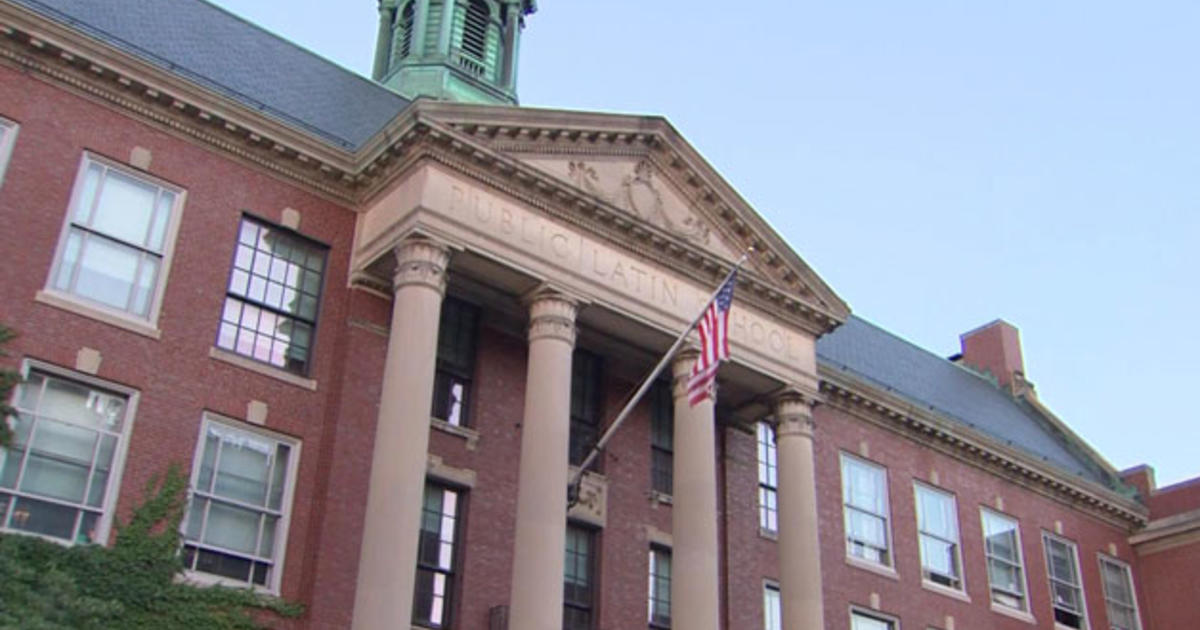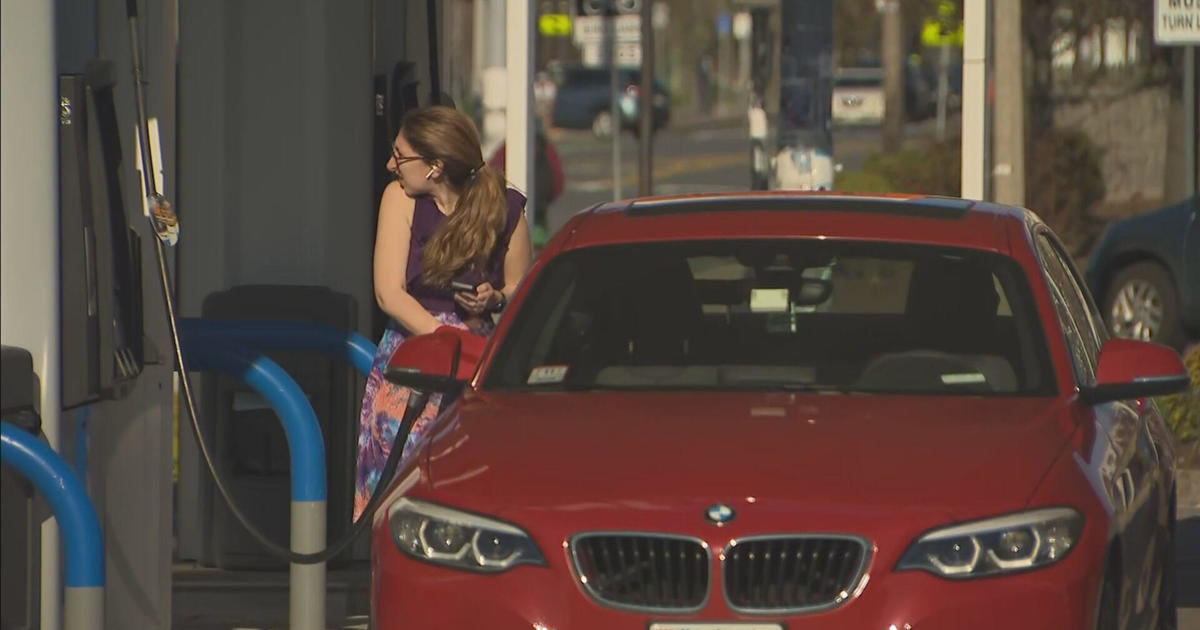Future Of Boston: Focus On Education Will Shape Economy
BOSTON (CBS) --- The Future of Boston depends on the next generation being prepared for tomorrow's challenges.
With the focus on our innovation economy increasing, the need for skilled workers has never been greater and is only expected to grow.
Educators are constantly trying new approaches to teaching the so-called STEM classes: science; technology, engineering, and math.
Nu Vu in Cambridge is a laboratory for high school students to come for intensive visits and polish their knowledge in those areas.
Nu Vu founder Saeed Arida is turning science education upside down. "So we start from a problem, and then go through a creative process to come up with a solution . . . as opposed to me saying, 'Let me tell you the technical stuff and now let's go figure out a problem to solve.'"
On our visit, we saw students from the Phoenix Charter School in Chelsea working on a high-tech belt meant to help seniors from falling down. Student Christian Hector liked this approach to learning. "You get to be yourself, and work at your own pace."
At another work station, Marcia Zimmerman from the Beaver Country Day School in Chestnut Hill designed a more efficient doctor's office using a 3-D printer.
"You really start to notice what mistakes you are making, and you notice ways to improve it," explained Zimmerman.
Derek Ham, a PhD candidate at MIT, works with students on their projects. "This so exciting even as a parent, to see the things that are available to kids today that weren't available to me, actually makes me very optimistic about education at large."
Nu Vu takes students from both public and private schools. The school district covers the fees, while the students work intensively on their one project.
Massachusetts led the way in education reform 20 years ago, when landmark legislation was passed which included increased funding and MCAS.
Now the state is putting more emphasis on STEM. "We are the first state in the nation to have a STEM curriculum outlining standards for early childhood," said Education Secretary Matthew Malone.
Malone believes the risks are real if our students don't keep up with all the changing technologies. "We will have jobs in this field that we know, right now we know, that we can predict, that we won't be able to fill, and why not fill them with Massachusetts residents?"
Even today, firms in the innovation economy are struggling to find this kind of talent, according to human resource executive Tracy Cashman of Winter Wyman.
"What I see most in my job is on the information, technology, and engineering side, is that there are literally not enough people to go around for the jobs that are available," added Cashman.
A prolonged shortage of skilled workers could stall the region's economic growth in the future.
"A lot of the stuff we do in Massachusetts requires a highly educated workforce, "said David Terkla, a professor of economics at the University of Massachusetts in Boston.
One of the challenges for Secretary Malone is to make sure all of the students across the state are not only exposed to technology, but are able to read and write at the appropriate level.
"I think that we have a lot of work to do closing achievement gaps, but I think we have made progress," said Malone. "We can't afford to allow schools to wallow in mediocrity or failure."
MORE LOCAL NEWS FROM CBS BOSTON



